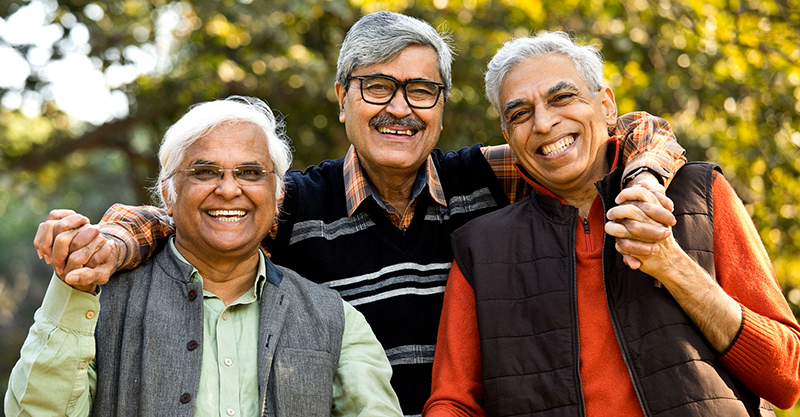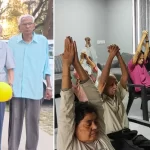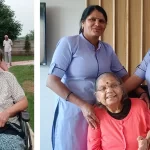For a variety of reasons, including retirement, family and friends moving away, or the death of a spouse, seniors risk becoming alone as they age. The absence of close social relationships negatively impacts the elderly’s emotional well-being and physical health.
On the contrary, Seniors who have an excellent social network experience a good quality of life and are healthier and happier overall.
Advantages of Social Connection for Seniors
Seniors Social connection and health are interconnected for Elderly People. The elderly who maintain senior social networks enjoy numerous advantages over those who do not, including improved mental, emotional, and physical health.
Below are the advantages reflecting the importance of social interaction for the elderly:
- Disease prevention & physical health issues are less prevalent
Specialists believe that even the most basic frequent interactions, such as Grandpa’s garden group, community center class, or neighborhood card game, can have major health benefits. Senior Citizens are more mobile and less alone when they get out and enjoy a get-together even a few times a week; this reduces their overall risk of major health issues, including depression, Type 2 diabetes, heart disease, and malnutrition.
- Improved cognitive performance
There has been a lot of research on this subject, and it all points to varying degrees of cognitive improvement. In one study, the risk of cognitive deterioration among socially active elders was lowered by as much as 70%. Another study compared the brain function of persons beyond the age of 80 to that of people in their 50s and 60s. Those beyond the age of 80 who reported having positive friendships were more likely to have the same level of cognitive ability as the younger study participants. This research backs up the idea that having strong social networks is connected to a slower rate of cognitive decline.
- Longer Lifespan
According to the Harvard School of Public Health, people with strong social ties have been proven to have superior health behaviors, such as consuming healthy foods and being physically active. In addition, according to a study published in Scientific American, having a solid social network can help adults live longer by 50%.
- A feeling of connectedness
Seniors who are socially linked feel more connected, which leads to improved physical, mental, and emotional health. People who are comfortable and happy are less inclined to doubt their faith and values, resulting in better emotional wellbeing.
Social Connection Challenges encountered by Elderly
Although scientific data supports the need for senior socialization as people age, it can be difficult for seniors to maintain social interactions. It’s very normal for seniors to feel more isolated as they become older, for a variety of reasons:
- As elders pass away or move away, there are fewer friends.
- It is more challenging to visit others due to physical limitations.
- Relocation to a nursing home and separation from friends and family
- Family members that are overworked have less time to visit.
Ways to Improve Social Connectivity
- Social Outings — Face-to-face engagement through social outings is the conventional form of socializing among seniors. They spend meaningful time with their family and friends when they go out. They spend time with their caretakers discussing their lives and problems, which aids them in problem-solving and achieving peace of mind. However, due to people’s hectic schedules, this is becoming less of a priority.
- Community Outreach Programs — Volunteering for a charity or in the local community is another excellent opportunity for seniors to meet new people. Seniors’ energy, stamina, knowledge, and talents are valued and needed in our society. They can devote time to volunteering in order to engage in meaningful activities.
- Social Media for Seniors — Social Media use and its connection to Seniors’ Mental health using the senior connections website have noticed many positive instances related to the elderly’s personal and social life as they are more engaged in constructive activities and focus on self-education and love. The best social media for seniors to learn how to maintain social relationships is by using social networking sites such as Facebook, Twitter, and Whatsapp.
- Senior Clubs/Activity Centers — Clubs or activity centers, in addition to social networking sites, are another means to meet new people. A club is essentially a social gathering place for people to meet new people with similar interests and learn and experience new things.
At Papaycare, we prioritize elderly’s mental health and engage them into various fun and self-education activities to improve their cognitive health and overall wellbeing.
















